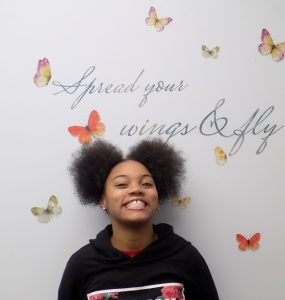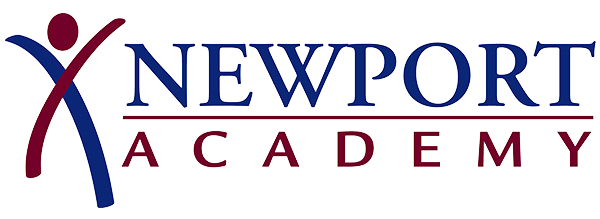According to IDEA, Transition Planning involves “a coordinated set of activities designed to be a results-oriented process, that is focused on improving academic and functional achievement to facilitate movement from school to post-school activities.”
Virginia Regulations require that secondary transition services be addressed beginning at age 14.
Participants in the Transition Planning process include the student, family, special educator, guidance counselor, career and technical educator, vocational evaluator, therapists, adult agency service providers, or any others who may be identified by the family or school as members of the transition planning team.
The IEP includes age-appropriate measurable post-secondary goals based upon age-appropriate transition assessments related to training, education, employment, and where appropriate, independent living skills. Transition planning begins with a conversation among the student, the student’s parents, and school personnel about the student’s education, career, and adult living goals. Transition planning is based upon student preferences, interests, needs, and strengths. Services and supports needed to help the student obtain his/her post-school goals are determined using transition assessment data. A wide variety of formal and informal assessments are used to evaluate these factors. Assessment areas may include Vocational/Career Interest, Functional Behavior, Interest Inventories, Learning Styles, Self-Determination, and Assistive Technology.
A Transition Portfolio is developed for each student beginning at age  14. A yearly checklist of assessments and activities are completed to help the student and family envision and plan for the future. Activities are then implemented based on these assessments, to help the student reach his/her post-secondary goals. This individualized portfolio is maintained and updated each year until the student graduates or transitions out of the program.
14. A yearly checklist of assessments and activities are completed to help the student and family envision and plan for the future. Activities are then implemented based on these assessments, to help the student reach his/her post-secondary goals. This individualized portfolio is maintained and updated each year until the student graduates or transitions out of the program.
The Education for Employment (EFE) Program provides school and community based job training for Newport Academy students, age 16 years and older, as indicated in the IEP. The program is designed to provide job exploration, job preparation, and training in work behavior skills, socialization, and independence skills.
The goals of the EFE Program are to prepare students to transition from school to employment or adult services, increase students’ employability skills, and to teach them the work behaviors needed to hold a job. Each student is evaluated prior to placement in the program. Work skill objectives are based on ongoing assessments and directly relate to the student’s Individual Education Plan.
Through the use of school-based enterprises and community job sites, students gain a direct understanding of the behaviors, skills, and attitudes needed to gain employment. While participating in EFE, students working in the community are transported by and supervised in the community at all times by New Horizons staff. Due to the educational nature of the
program, there is no expectation of pay, and businesses are not responsible for liability. Benefits of the program include easing transition to work after high school, providing real-life work situations within the school and community, improving self-esteem, and increasing the ability to generalize skills in a variety of environments.
A number of local community businesses have partnered with New Horizons in providing job sites for students to gain a real-life understanding of the world of work. These businesses include TJ Maxx, Sam’s Club, Warwick Forest Retirement Community, and Newport News/Williamsburg International Airport. The Transition Instructor works closely with managers at businesses to design programs, and New Horizons staff supervise students at work. Students work along with their peers and co-workers at the job sites.
Resources:
VDOE: Transition Services for Students with Disabilities
VDOE: Benefits Counseling
VDOE: I’m Determined
